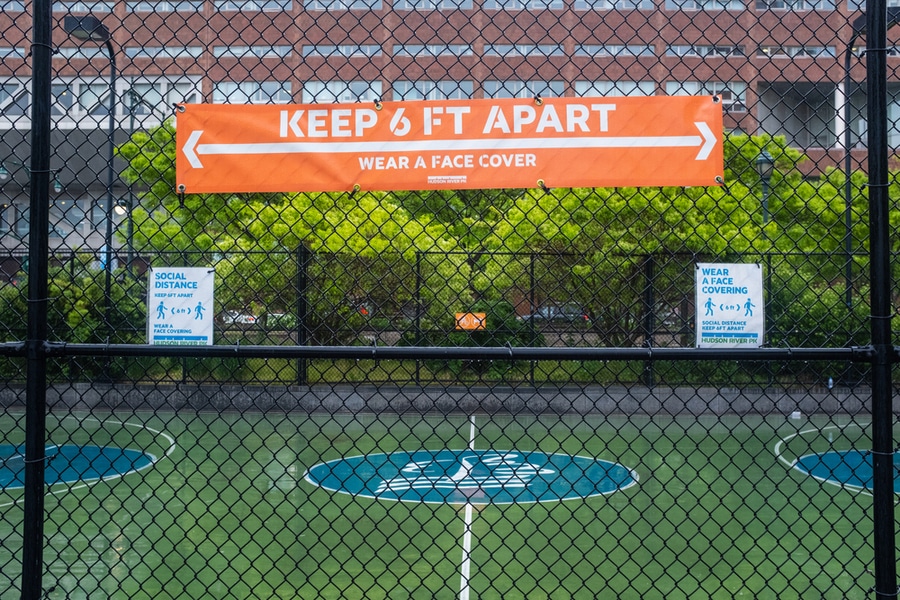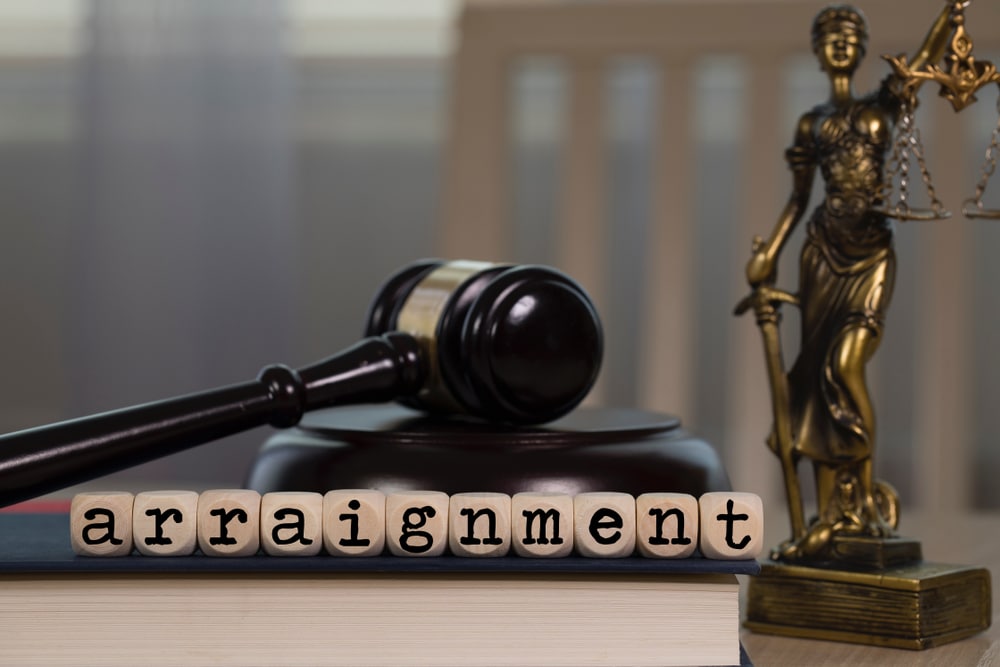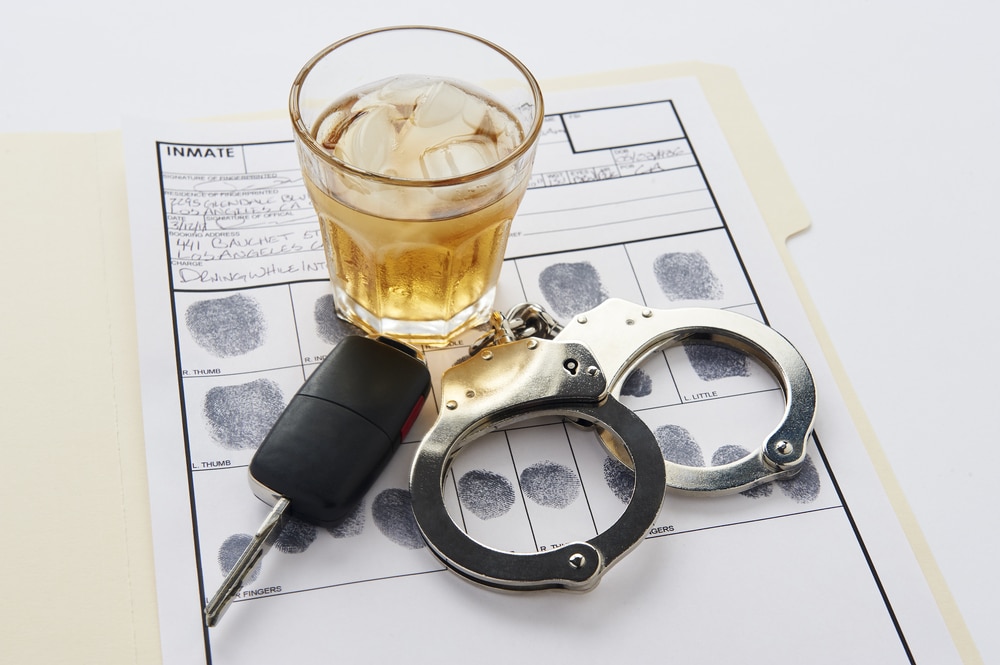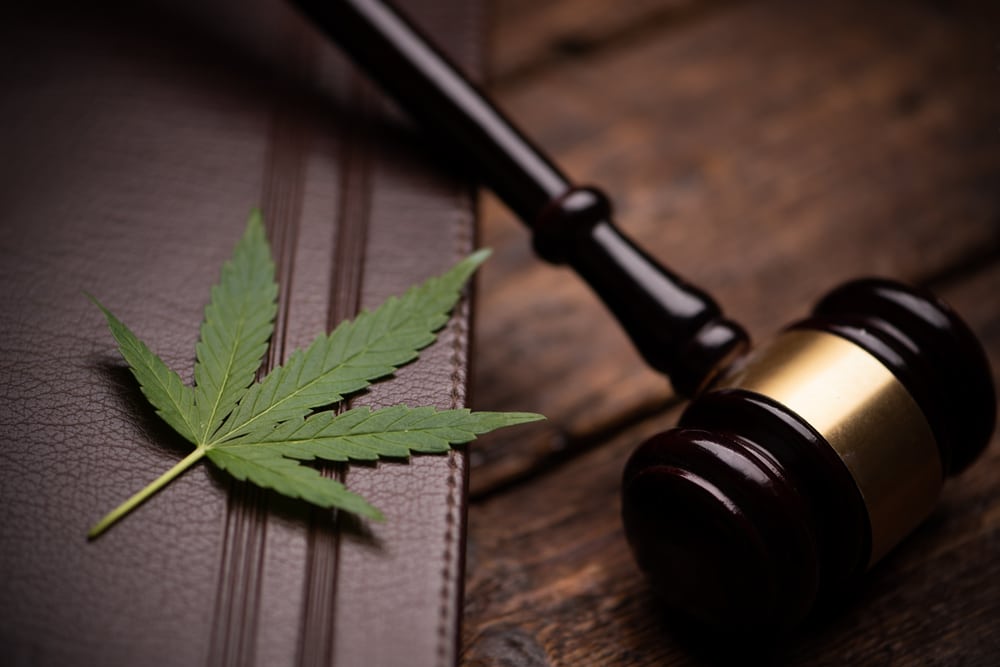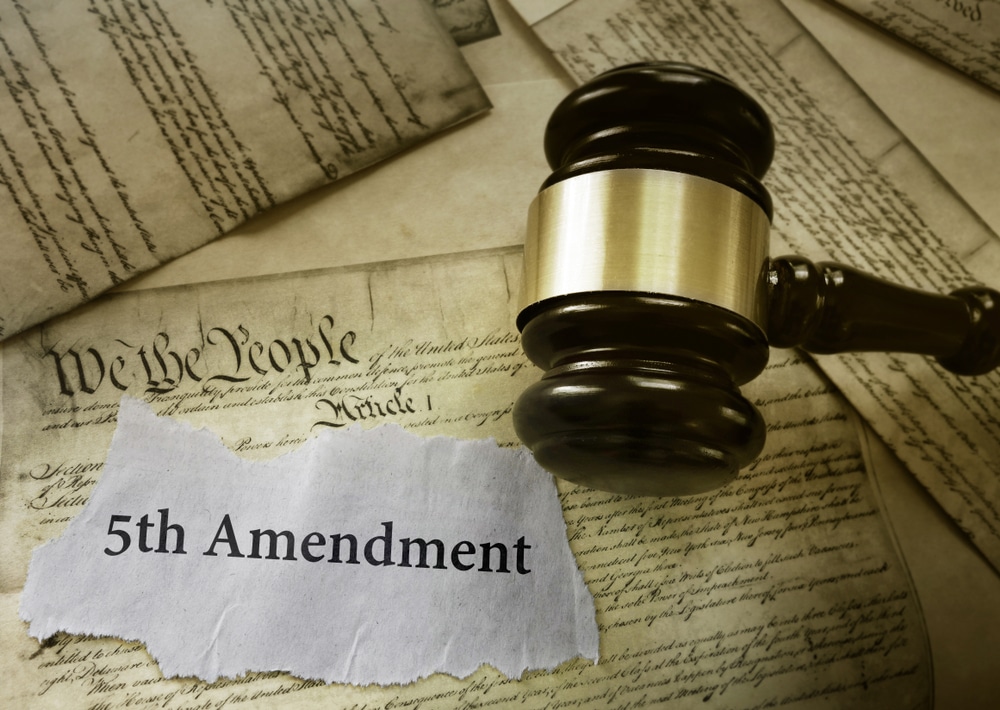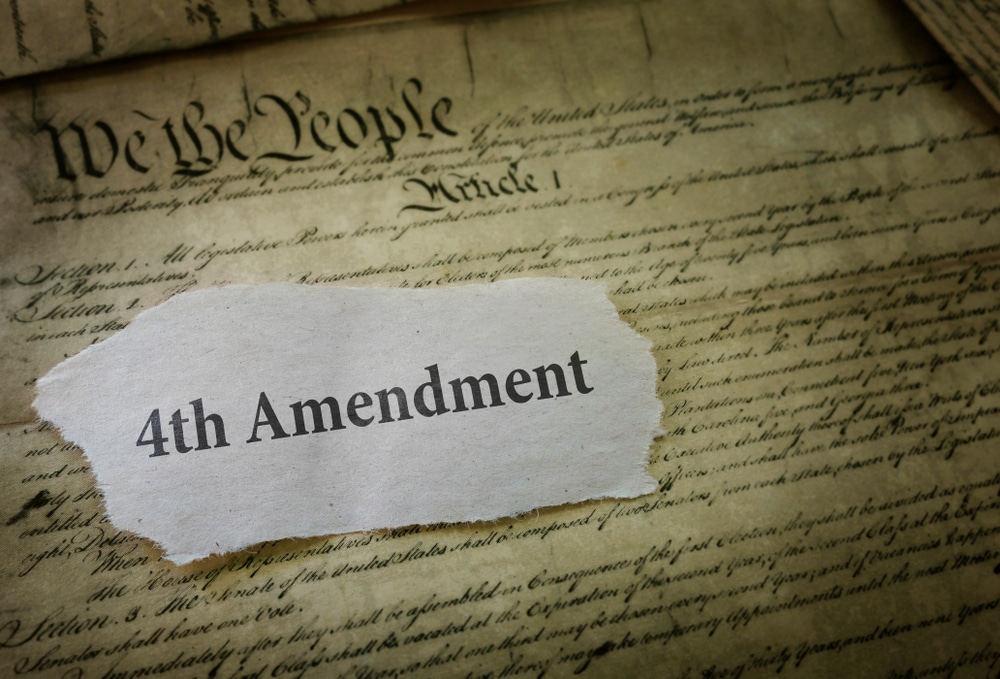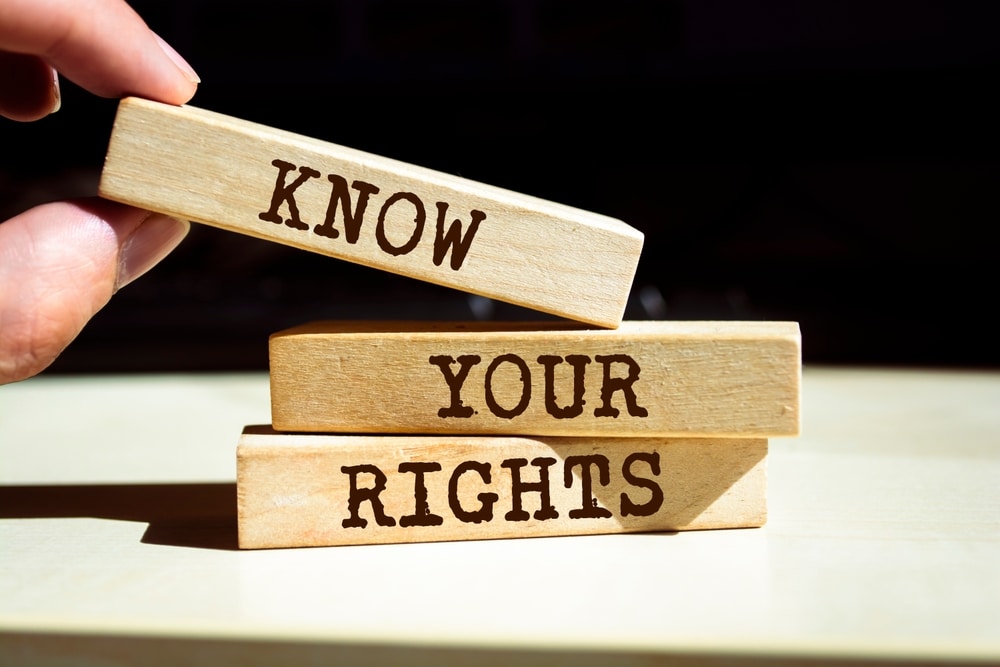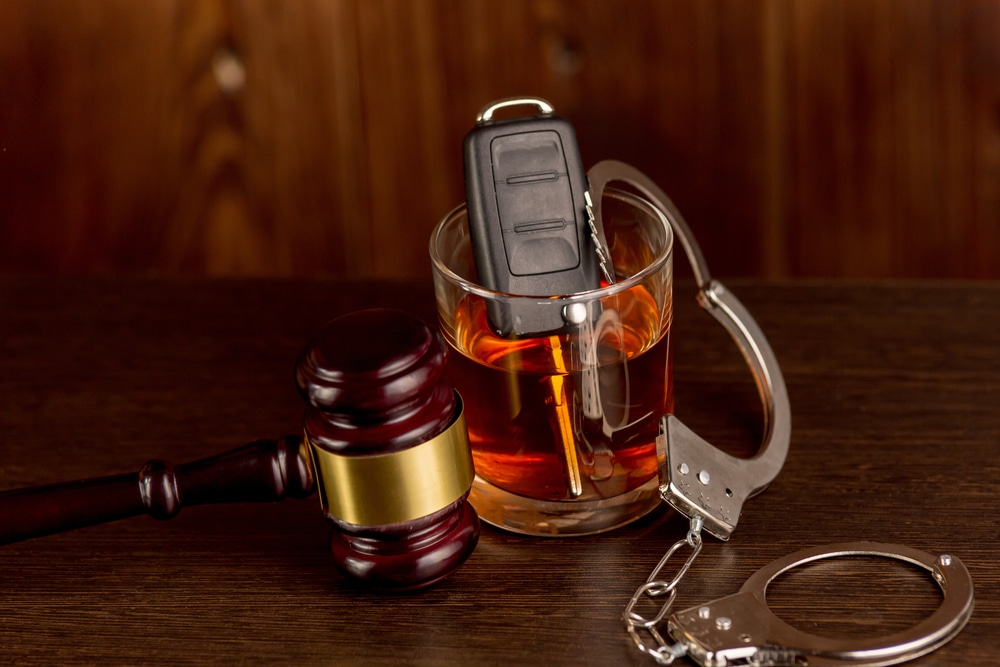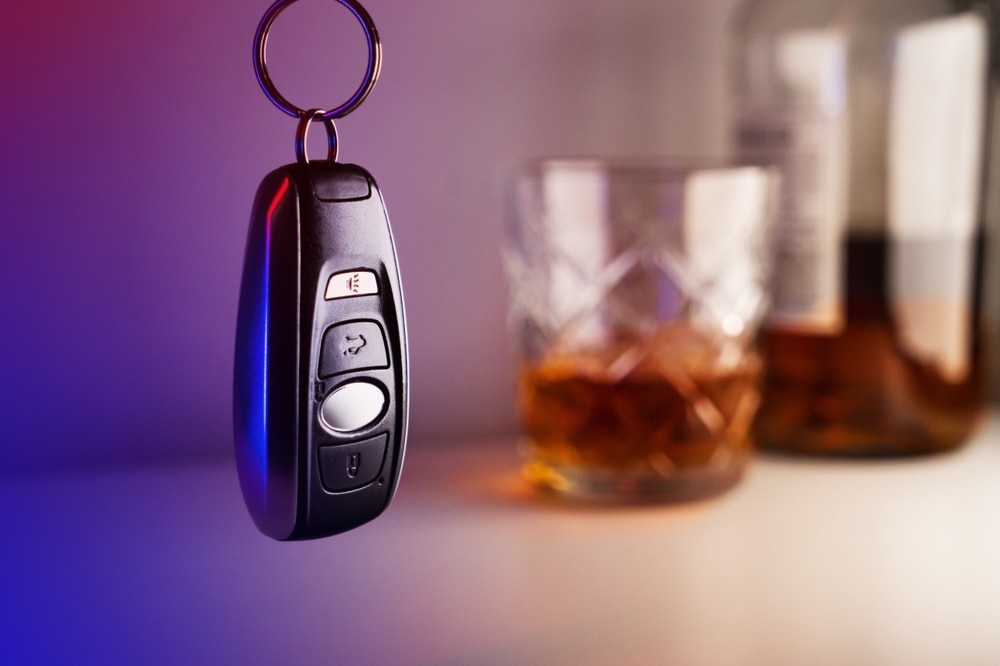With each successive phase of reopening in New York State, new guidelines are introduced to curb the spread of COVID-19.
It is understandably difficult for a private citizen or business owner to keep up with these developments. Not everyone lives in the county or city where they work, and might confuse the rules and unknowingly or unwittingly break the law. For example, a reopening phase in Westchester County may differ from what’s happening in the five boroughs, so you need to be aware of the new rules as you switch roles from professional to private citizen during your commute.
Below are five tips to keep you out of harm’s way and from receiving a fine or court summons.
- Know if you’re closed. On July 20, New York City was cleared by global health experts to enter Phase Four of reopening. Since this is supposed to be the final phase, business and facility owners may think this good news. But the caveat is that indoor activity, such as malls, museums, and cultural institutions, must remain closed. Check with your landlord or property owner before you bust out the “open for business” sign.
- Failing to social distance could turn the lights out. Gov. Cuomo announced new regulations for bars and restaurants in New York City to ensure compliance with social distancing and face-covering orders. As part of the “Three Strikes and You’re Closed” initiative, any establishment that receives three violations will be closed for business. Excessive violations could result in losing your liquor license or closure before the third strike.
- Food required with a drink. Furthermore, there is a new requirement that alcohol can only be served to those who are ordering and eating food at the restaurant (outdoors, of course). Under current law, only establishments that serve food are permitted to serve alcoholic beverages. Customers cannot walk up to the service window and order just a drink. Gov. Cuomo has said the easing of outdoor dining rules was not an authorization of bars reopening for customers and permitting drinking outside and disregarding social distancing guidelines. And he’s making examples of violators: It was reported today that three businesses in Queens and one in Long Island lost their liquor licenses for such actions.
- You’re on candid camera. The state is mobilizing citizens and encouraging passersby to send photos and proof of any business breaking any of the guidelines above. This is essentially a “see something, say something”-style of campaign that means business owners and operators should expect everything to be recorded from every angle. This will be used as evidence against you, should the state press charges.
- Traveling dishonestly can be costly. Out-of-state travelers from the 22 designated states with the highest infection rates must provide local authorities with contact information upon entering New York to help enforce quarantining or face a $2,000 fine if they don’t supply that information. This may seem like a “show me your papers”-type scenario and whether it is a civil rights violation remains to be seen, since public health is at stake.
Criminal charges stemming from COVID-19-related guidelines present new challenges for everyone, including prosecutors. They may not have a solid case against you, but use scare tactics fueled by pandemic risks to make you plead guilty. It would be a mistake to simply accept any charge brought on by the state just because of ties to the pandemic. That’s why it is important to remember that you can contest charges or fines.
Your finances, business, and reputation are at stake differently than ever before. The most effective way to show the state you are serious about protecting your business and civil rights is to hire a criminal defense lawyer. The founders of D’Emilia Law, Paul D’Emilia and Kendra Monte have decades of experience as prosecutors and have strong records of success in having their clients’ charges reduced or dismissed. If you have been charged with a crime in New York, contact D’Emilia Law for a consultation.

